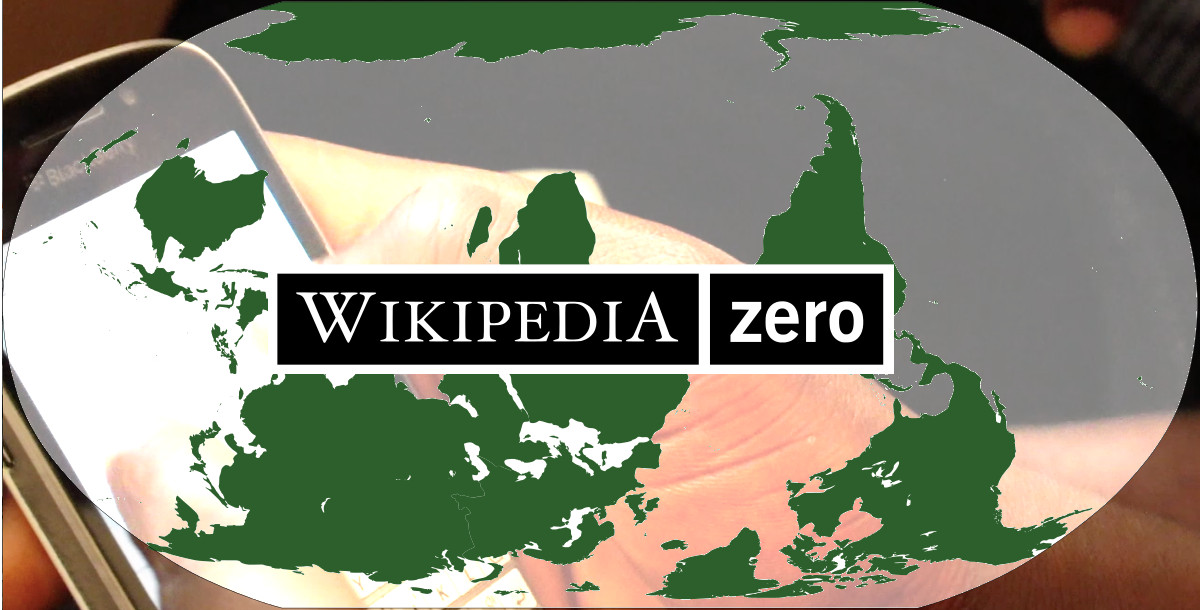
When Facebook was desperately trying to game the Indian regulatory process to get approval for its "zero-rating" system (where it would bribe Indian ISPs to give it the power to decide which services would be free to access, and which would be capped and metered), one of the frequent arguments in favor of this "poor internet for poor people" was that the Wikimedia Foundation had struck similar deals in poor countries around the world, freeflagging Wikipedia use on networks that were otherwise strictly capped and metered. (more…)


